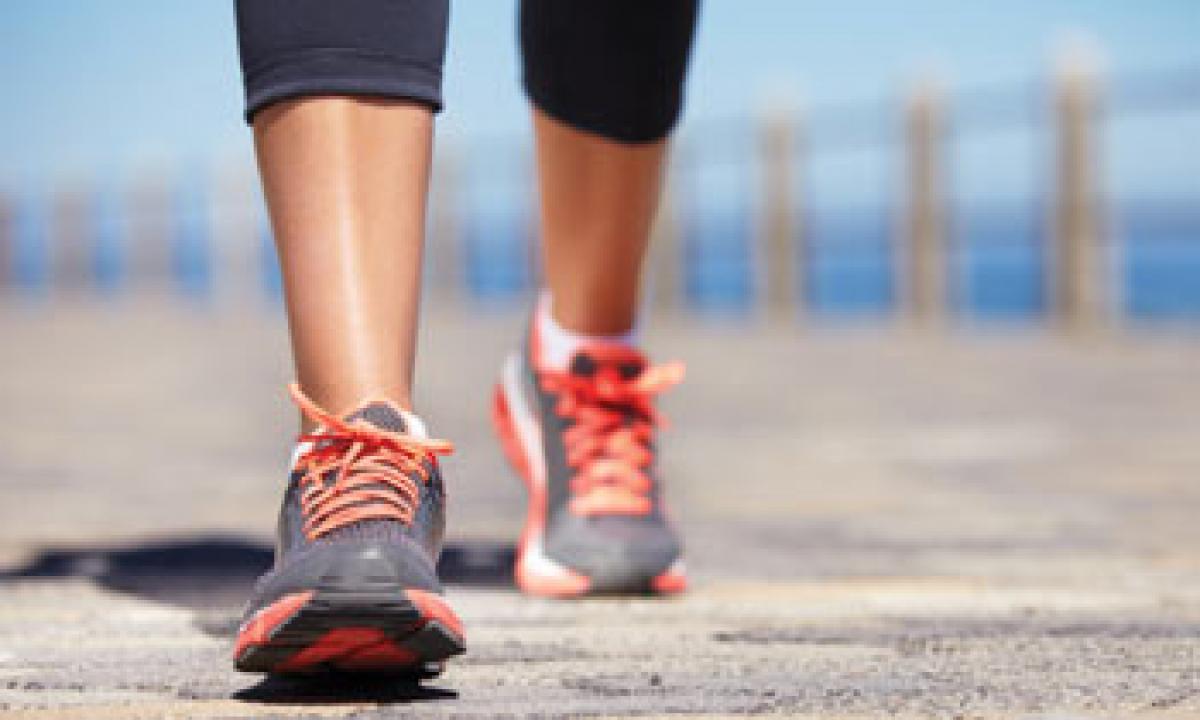Walking vs Running

Running is the poster child for fitness. It’s often promoted as the secret to losing weight, reducing stress, and sleeping better. But what about walking, the gentle workout that Hippocrates once called “man’s best medicine”? This is how the two workouts stack up.
 Whether you prefer to walk or run, you’re doing your body good. But if you want to achieve a specific fitness goal, such as weight loss, one might be better than the other
Whether you prefer to walk or run, you’re doing your body good. But if you want to achieve a specific fitness goal, such as weight loss, one might be better than the other
Running is the poster child for fitness. It’s often promoted as the secret to losing weight, reducing stress, and sleeping better. But what about walking, the gentle workout that Hippocrates once called “man’s best medicine”? This is how the two workouts stack up.
For everyday fitness
Despite its benefits, running is a high-impact exercise that can be tough on our bodies. Runners’ legs absorb more than 100 tons of impact force in a single mile. To stay healthy in the long run, experts recommend no more than five moderate-intensity runs per week. Because we keep one foot on the ground at all times, walking is gentler on the body.
The takeaway: If you’re worried about injuries (or already suffering from one), stick with walking. Runners have a 20 to 70 per cent chance of sustaining injuries. Walkers have a mere one to five per cent chance of getting hurt.
For weight loss
Simple math proves that running wins this one. If you weigh 160 pounds, one hour of brisk walking burns about 300 calories. If you spend that time jogging, you burn double that—600 calories. Even when walkers spend twice as much time exercising, a six-year study of more than 45,000 people found that runners still tend to lose more weight. The researchers note, however, that both exercises helped participants achieve a healthy BMI.
The takeaway: If you’re ready to start a running routine, begin with a training plan. Winter is coming, so prep for the cold weather by investing in the right running gear.
For appetite control
Ever feel less hungry after you exercise? According to a small study, there’s a scientific explanation for this. Our levels of appetite-regulating hormones increase when we work out, suppressing hunger. This study compared the appetites of those who ran or walked with those who sat quietly for an hour. Runners ate the fewest calories, followed by walkers.
The sedentary participants, on the other hand, were ravenous: they consumed about 300 calories more than they burned. The takeaway: If your goal is to avoid overeating, running is most effective. Just don’t forget to hydrate and refuel your body with protein-rich foods.














